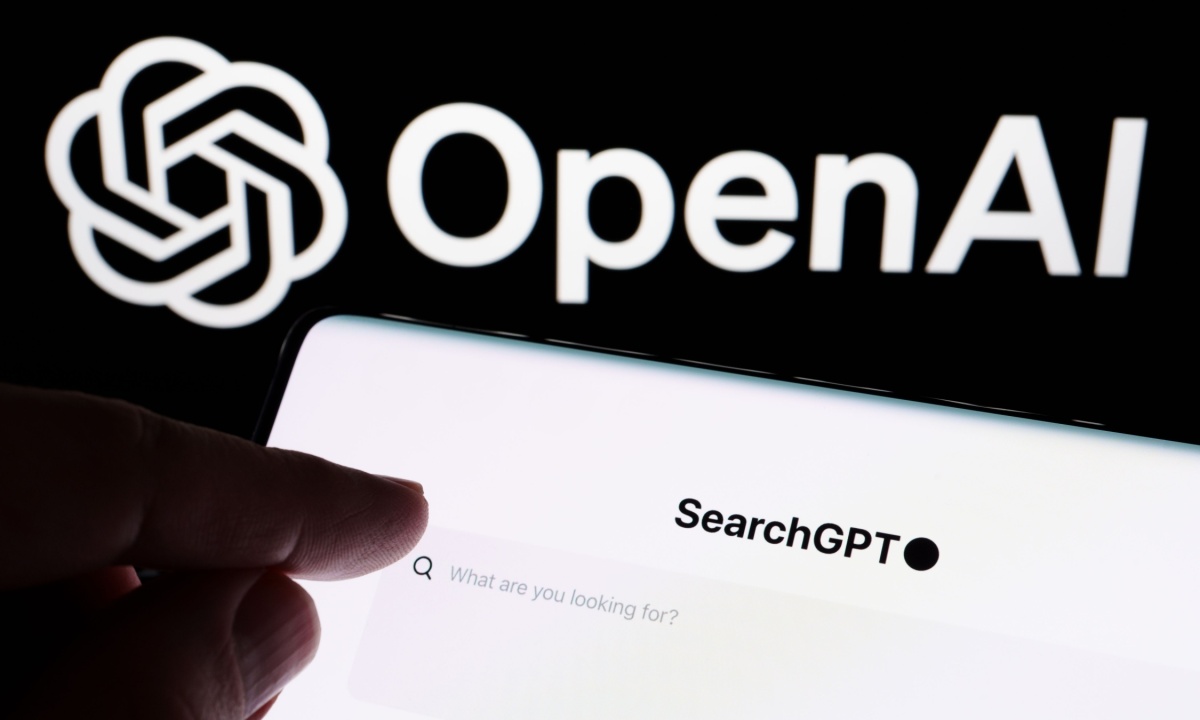Bussiness
Cavela is using AI to automate manufacturing and e-commerce. Here’s how the startup raised $2 million without using a pitch deck.
The global manufacturing market is filled with expensive pitfalls, from time changes to language barriers. One startup is injecting generative AI into the process to help companies save time and money.
The startup, Cavela, launched from stealth today with $2 million in pre-seed funding, Business Insider has learned. Early-stage VC firm XYZ Ventures led the funding round. Propel Ventures and Go Global Ventures also participated in the round.
When a company needs to find a supplier, it can take hundreds of messages — often in multiple languages across emails, WhatsApp messages, and texts — to get from concept to finished product. The process becomes even more time-consuming as companies speak with multiple suppliers in order to find the best partner to complete a specific project.
It’s a tall order, especially for small- and medium-sized businesses that don’t have large, international procurement teams, explained Anthony Sardain, Cavela’s CEO and founder.
That’s where his startup comes in: San Francisco-headquartered Cavela pairs companies with an AI agent that learns about the type of product they want to have manufactured. The agent then sources the products and negotiates with suppliers. All communication is managed on a central platform, which is easier to track than multiple email chains and text messages.
“Sourcing involves written communication, which can get really messy,” Sardain told Business Insider. “Large language models allow us to deal with the messiness of human language and improve an otherwise manual, involved, and convoluted process.”
Sardain’s family works in manufacturing, and he grew up living in multiple manufacturing hubs across Asia and Latin America, including Malaysia, Hong Kong, Thailand, Singapore, and Mexico.
He came up with the idea for Cavela when he was tasked with helping a family member source custom products for a hotel. The task was “tedious and time consuming,” so he put his tech and startup skills to use — Sardain is a data scientist by training and previously worked for Tierra, which maps and predicts crime in Latin America — to build a tool that could automate tasks and communication.
And with a family background in the trade business, Sardain said he’s attuned to the challenges of global procurement — namely, the language barriers of working with suppliers in different countries and time zones. Rather than running an email through Google Translate and hoping for the best, Cavela’s AI agents translate messages and communicate with suppliers and buyers in their time zones.
Sardain, who currently lives in Mexico, says the end result is a better experience that takes less time and money.
“We’re saving businesses 100s of hours, and there are brands that we’ve worked with that have cut production costs by 40% while ending up with an improved final product,” he said.
Manufacturing is at a pivotal moment for AI-driven innovation as the industry faces increasing demand for efficiency, scalability, and personalization.
Several startups have capitalized on this shift to transform slices of the sector, many of which are in the AI robotics space. They include Bright Machines, which raised a $126 million Series C this summer; Covariant, which closed a $40 million Series B in the spring; and Instrumental, which landed $50 million in 2022.
For Cavela, the startup closed its $2 million seed round without using a traditional pitch deck. Instead, the startup showed a video demonstration of the product that resonated with investors, Sardain said.
“Shopify solved one half of the equation, where it was very easy to sell things online,” he said. “What remained was extremely high friction: the process of creating products. I’m an outsider who went to San Fransisco and knocked on doors to tell a story. We’re tackling such a massive problem, it was hard not to see the impact that this could have.”









